Projects
NCIL conducts research on language, using a combination of neuroimaging and behavioural measures.
Here are the current projects we are working on at NCIL:
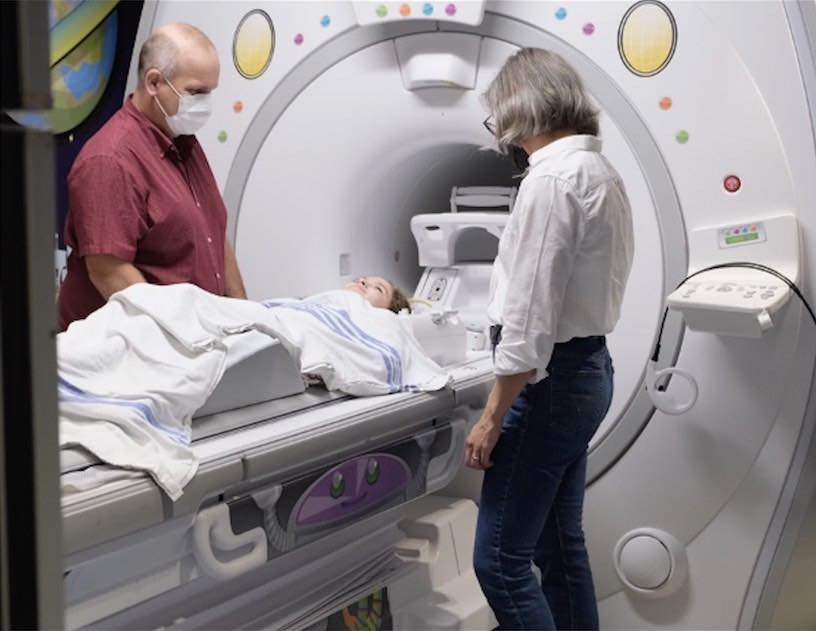
Reading Development
What Makes a Skilled Reader? The NeuroCognitive Imaging Lab needs your help to find out! The goal of the study is to characterize how individual differences in reading skills relate to children’s patterns of brain activation, and how these relationships change from Grade 2 to Grade 5. We’re currently looking for kids to participate who are in grades 2 or 3, speak only English at home, and are enrolled in either standard English or French immersion programs at school. Click below to find out more if you’re interested!
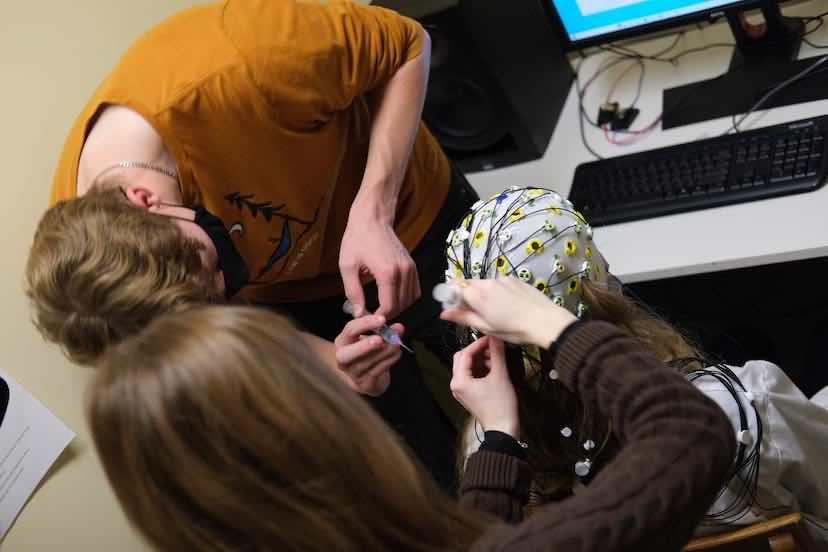
Brain-Computer Interfaces
A brain-computer interface (BCI) is an electronic system that can convert an individual’s brain activity into control commands to operate devices, allowing systems to receive input directly from task-related brain signals. For this reason, BCIs offer promising assistive technology solutions for people suffering with severe motor dysfunction. Our research using EEG aims to maximize the performance of a BCI to distinguish target responses, for any user, at any time.

Aphasia Treatment
Aphasia is an acquired loss of language abilities, often caused by stroke or other brain injury. It affects 2.5 million people in North America alone. Aphasia can can disrupt people’s ability to hold a job, or even communicate normally with their family and friends. Unfortunately, most people with aphasia are not able to access adequate treatment. We are developing and testing a computer-based therapy for at-home rehabilitation of aphasia. We are currently recruiting people with aphasia to participate in this study — please contact us if you’re interested!

Mobile Apps to Help Newcomers to Canada Learn English
We are studying how the Mango Languages app can assist newcomers to Canada to improve their English abilities. We are conducting this sudy in partnership with Mango Languages and the Language Learning & Development Lab at Simon Fraser University, directed by Dr. Henny Yeung. This project is funded through a SSHRC Partnership Grant, Ensuring Full Literacy in a Multicultural and Digital World, under the direction of Dr. Janet F. Werker at the University of British Columbia.
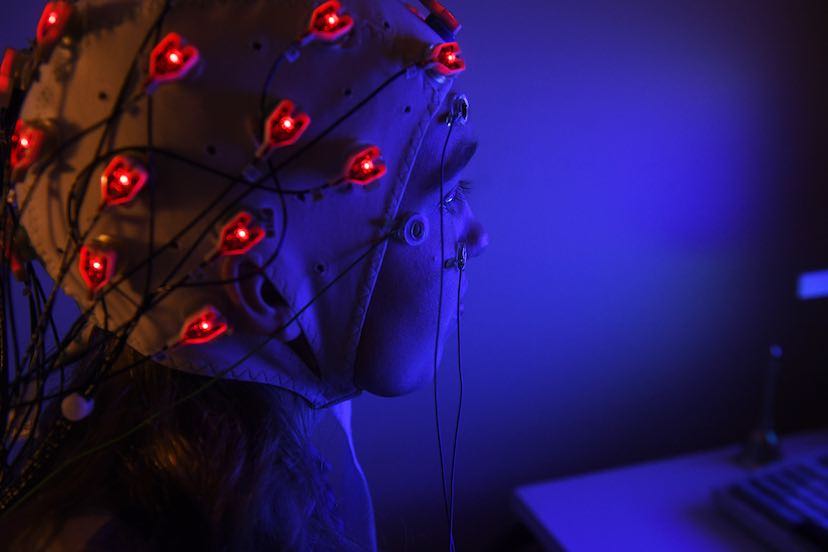
Memory Processes in Second Language Learning
Learning a new language is challenging for most adults, and it has been shown that it can be more difficult if the learner is using their first language during the process. Therefore, this project investigates adult language learning of Welsh words, and uses electroencephalography (EEG) to explore how speaking English versions of the newly learned Welsh words will alter brain activity.
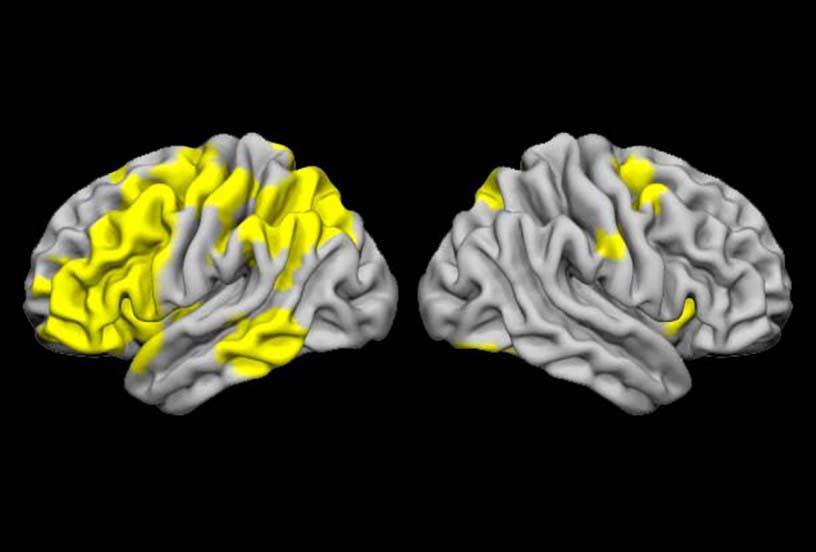
What's Special About Reading Aloud?
This research project is driven by a very simple question: why do we remember things better when we read them aloud, than when we read them silently? There are many possible reasons, including hearing your voice, moving your mouth, and paying attention. In our research, we are using functional MRI scanning to examine what is different in the brain when we read aloud.

Mind Wandering in Remote Collaboration and Remote Work Platforms
During the COVID-19 pandemic, there was a widespread adoption of remote work. However, online meetings and lectures do not always produce as good outcomes (such as learning and developing new ideas). We are studying whether this is because people’s minds wander more when they are working and learning online. This project, led by Dr. Colin Conrad of Dalhousie University’s School of Information Management, aims to explore how the ability to sustain attention may become weaker over time and how changes in work environments can prevent it. This study uses surveys, behavioural studies and NCIL’s electroencephalography (EEG) system.
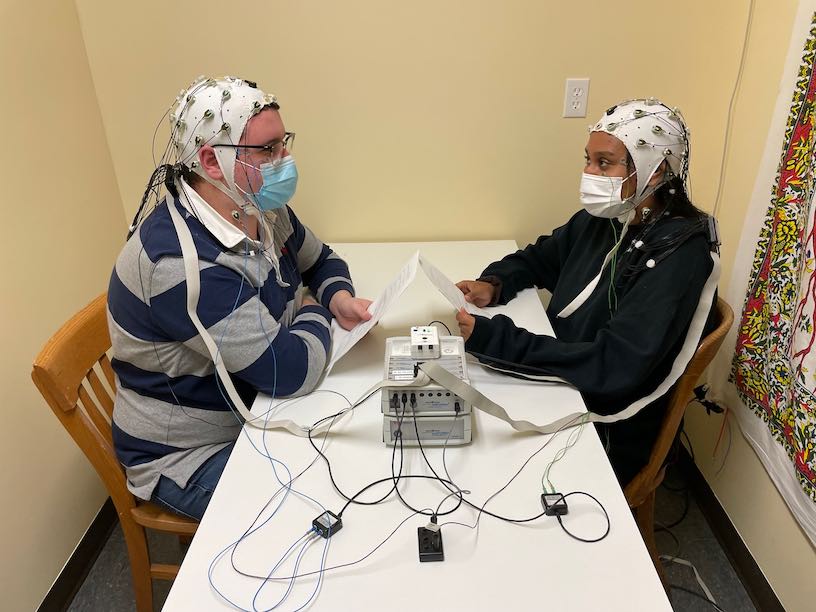
Hyperscanning During Conversation
Hyperscanning refers to collecting neuroimaging data from more than one person at the same time. Our lab has developed a technique for doing this while people are engaged in conversation, using only a single EEG system. Notably, we have shown that we are able to time-lock EEG data to specific, individual words in a conversation. In contrast to conventional lab studies in which stimuli are presented by computers to ensure precise time-locking, our approach allows us very high precision in characterizing brain activity during natural human interactions.